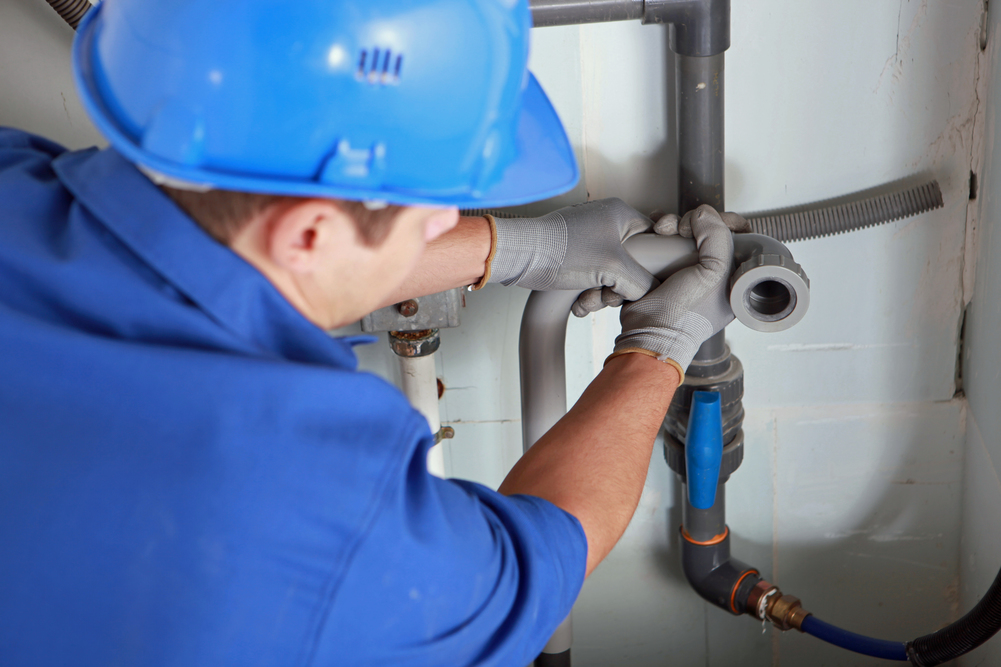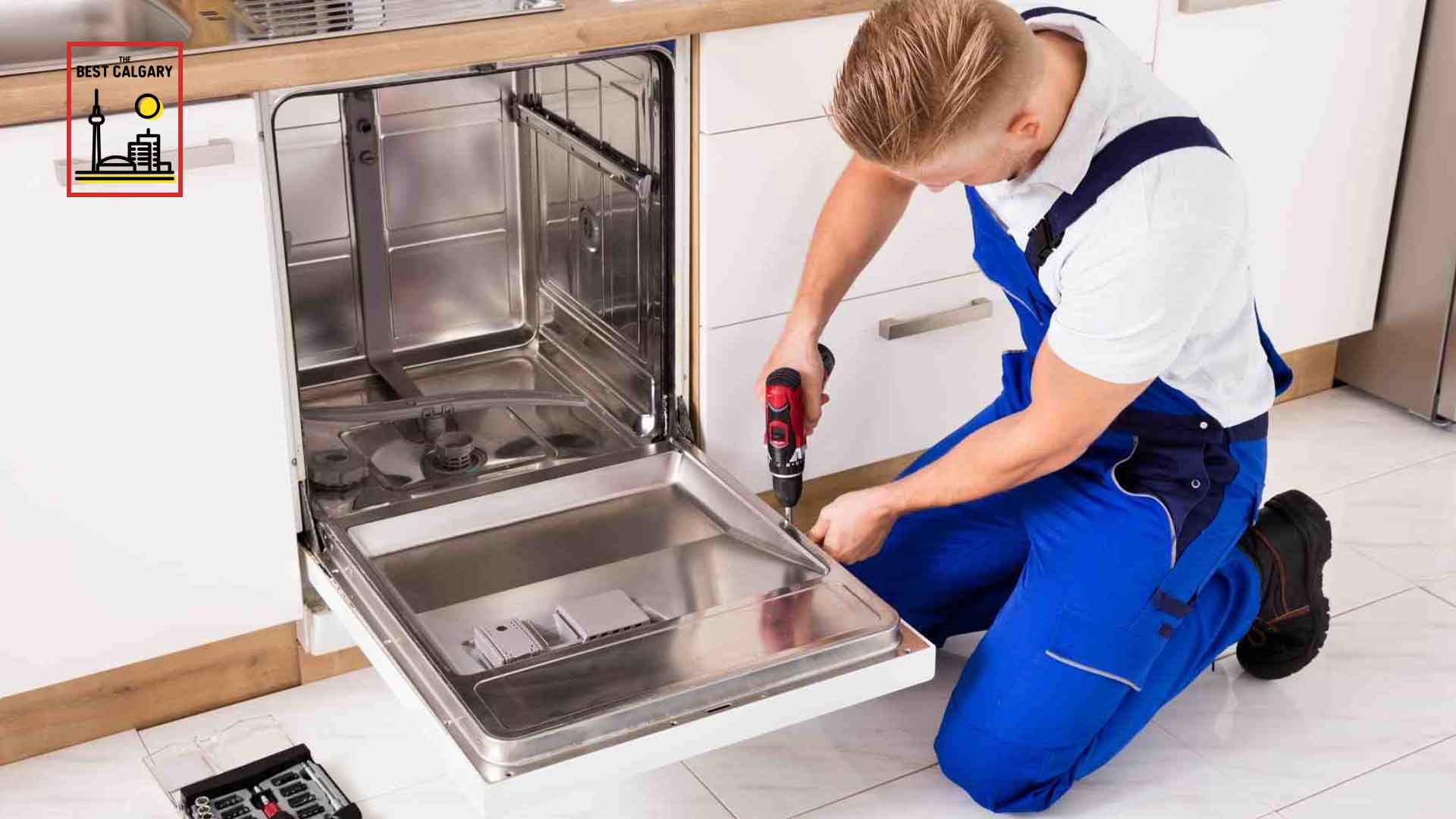Six Habits That Should To Stop For Protect Your Plumbing Appliances
Six Habits That Should To Stop For Protect Your Plumbing Appliances
Blog Article
We've found this article on Leak Detection and Repair Without Destroying Your Home down the page on the internet and decided it made sense to discuss it with you on my blog.

The secret to long lasting appliances, unsurprisingly, is proper upkeep. There's no hard and fast guideline that can assure your plumbing devices a lengthy wear, yet you can stop unnecessary damages as well as repair work by staying clear of negative plumbing practices.
You need to stop doing these 6 things else you'll maintain calling your plumber over for minor faults.
Purging everything
Yes, your bathroom drainpipe brings about the sewers, however that doesn't mean you should dispose simply anything away. Several 'flushable' materials are in fact fantastic obstruction beginners, for example floss. Asides maintaining obvious non-flushable products like cables and plastics out of your bathroom, you should additionally avoid flushing cotton buds, menstrual items, wipes, daipers as well as condoms down the bathroom drain.
DIYing every little thing
With plumbing, a stitch in time truly does save 9. You can avoid a fullblown plumbing emergency by calling your plumber at the correct time.
You might have discovered a couple of plumbing hacks from your daddy, however you should recognize where to fix a limit as well as call a specialist. As an example, you might be able to deal with a clog on your own, yet you should not try to alter a pipeline. You can mismatch pipelines or overtighten a screw, causing more injury as well as damages than you thought. Calling a plumber is a secure and cost effective decision.
Making use of excessive drainpipe cleaner
Making use of a drain cleaner more than one or two times a month is an indication that something significant is taking place within your pipelines. Currently, instead of encountering the primary issue, you go with a quick fix; a carbonated drainpipe cleaner. Rightfully, a drain cleaner will care for the blockage, but at what expense?
The chemicals in a drain cleanser can quicken the deterioration of your pipes. Include that to whatever underlying issue is triggering the obstruction and you might need to a major issue on your hands.
If you experience too many blockages, call your emergency plumber instead of utilizing a drainpipe cleaner.
Pouring oil in the sink
We know effectively taking care of grease after a hearty meal is a discomfort. Yet simply putting it away can do long-lasting injury to your pipelines. "The fat and also oil can clog your drain terribly sufficient to compel you to call a plumber," discusses Dawson. "Plumbing works best when it's well looked after-- not abused with grease."
Not altering your dish washer pipes
One simple means to make certain that you utilize your dishwasher for years is to replace the tube a minimum of as soon as in five years. This likewise requests cleaning device hoses.
In time, food bits, soap and grease can form obstructions within your pipelines. Replacing them in a timely manner will certainly avoid any presure build up that can harm the interior workings of your dish washer or washing machine.
An enhanced steel braided tube does an excellent job of extending your equipment's use time.
No wintertime precautions
Extreme weather misbehave for your pipelines, especially if they're made from steel. You need to insulate your exposed pipelines, and also your water tank, even if you have a water heater. You ought to also shut off your garden hose valve and any other exterior water networks. These networks are outlets for cold; you pipes can begin to ice up from outside if you don't.
Prevent Water Damage from Plumbing and Appliances
Prevent toilet failure
Be patient after you flush and wait for the valve to completely finish refilling the tank and bowl. If an overflow looks imminent, lift off the tank cover and lift the float to shut off water flow to the tank, and then turn off the supply valve.
Twice a year, inspect a toilet’s components, such as the fill, supply, and flush valves, and the supply line. Make sure you can turn off the supply. If you have older screw type valves that are hard to turn or start leaking, consider replacing them with simpler ball valves that are easy to shut off quickly.
Inspect and maintain your water heater
Inspect your anode rod every two years, or every year once the warranty has expired, to determine if it needs to be replaced.
Flush water heater tanks every six months to remove sediment by attaching a garden hose to the valve at the base. For safety, first turn off the power and run hot water until it is cool.
Get an annual inspection from a plumbing professional including the shut-off valve and all piping. Signs of broken valves and loose or wet joints and rust are a sign that more severe damage is coming.
Maintain washing machine supply lines
Look for signs the supply hose may be ready to fail—blisters in the hose, worn tubing, stress cracks, or a loose connection.
Replace the supply hose with a reinforced steel braided hose if it shows any sign of wear.
Tighten the connection if it feels loose. The most common site of failure is near the connection where the hose bends.
Replace supply hoses every five years, even if there is no obvious deterioration or wear. Some signs of deterioration may occur from the inside out and may not be visible until it is too late. When replacing washing machine supply hoses, always choose a reinforced steel braided hose over the traditional un-reinforced rubber hose. These hoses will last longer and are far less likely to result in a catastrophic water loss.
Prevent plumbing failure
Never pour grease down the drain.
Plant trees away from lateral drain lines to prevent roots from damaging piping.
If your home’s sewer system is connected to the city’s sewer system—a particular problem for older homes—or if you are located downhill or below street level, contact a plumbing professional to install a backflow prevention assembly into your sewer system.
Call a professional if you notice signs of a plumbing problem—an increased monthly water bill, banging pipes, rust stains, moisture in the walls or on the floor, and signs of wet soil erosion near the foundation.
https://disastersafety.org/maintenance/prevent-water-damage-from-plumbing-and-appliances/

Hopefully you enjoyed reading our excerpt about Don’t Let an Earthquake Damage Your Plumbing. Thanks a ton for finding the time to read through our short article. Loved our blog entry? Please share it. Help someone else locate it. Thanks so much for going through it.
Visit Link Report this page